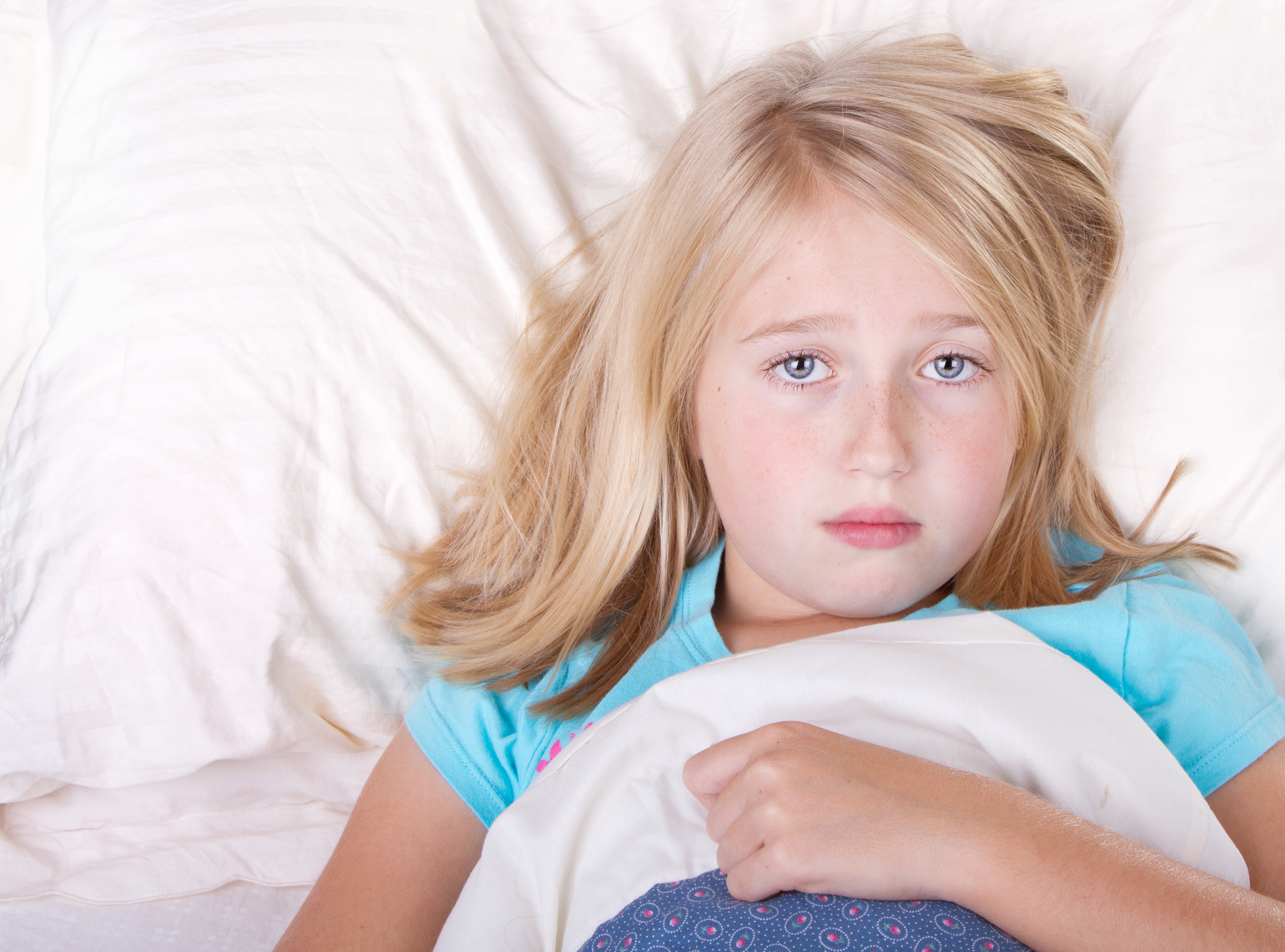Why is sleep so important?
Sleep is vital for children’s and adolescents’ wellbeing. Evidence shows that children and adolescents who do not get enough sleep have more trouble learning. They are less attentive and motivated, have poor problem solving, increased irritability, reduced memory, impaired communication, slower processing of information, poorer judgement, diminished reaction times and more indifference. Lack of sleep can also lead to behaviour and mood issues, impacting negatively upon relationships, empathy and leading to mental health difficulties such as anxiety and depressed mood.
Why aren’t children and adolescents getting enough sleep?
Technology use is on the increase with online social interactions replacing real world ones. For this reason, it is often difficult to get children and adolescents off their devices. In Australia, 25% of children aged 7-8 years report using mobile phones between 10pm and 6am – and this figure increases to 83% of children by age 17.(1) This late-night technology use is contributing to later sleep times and reduced quality of sleep. Children and adolescents commonly report going to sleep later and having interrupted sleep patterns because they reply to friends’ texts during the night.
Technology use can lead to poor sleep in a number of ways:
● Body clocks (2) are sensitive to the blue light that backlit devices like phones and tablets emit. This light tricks our body clocks into thinking it is still daytime and this reduces the amount of melatonin, our sleep hormone that is released near bedtime. So, device use near bedtime can make it harder to get to sleep.
● Using devices to play games or communicate with friends increases mental stimulation, making it difficult to wind down around bedtime or to get back to sleep when sleep is interrupted during the night. Negative online social interactions can also contribute to feelings of anxiety (3) and worry1 which can make it harder to sleep.
How much sleep do children and adolescents need?
As with adults, every child is different in terms of how much sleep they need. The amount of sleep your child needs also changes as they age.4 Children aged 6-13 years should ideally be sleeping for 9-11 hours, although anywhere from 7-12 hours may be appropriate for some children. Teenagers aged 14-17 years should ideally be sleeping for 8-10 hours, although anywhere from 7-11 hours may be appropriate for some teenagers.(4)
References (mostly link to the SHF factsheets)
(1) See Resilient Youth Website
(2) See Body Clock SHF Fact Sheet
(3) See Anxiety and Sleep SHF Fact Sheet
(4) See Sleep Needs SHF Fact Sheet









